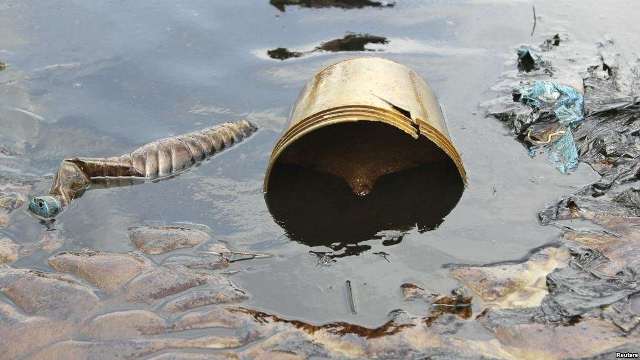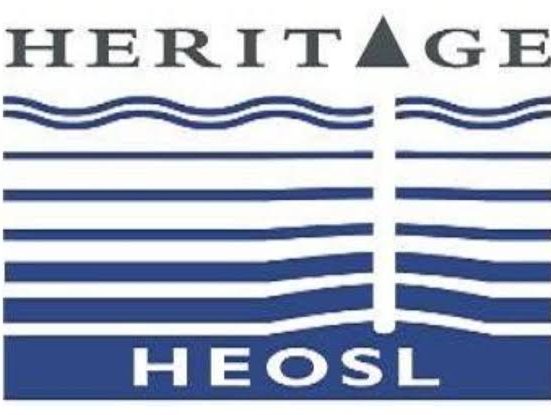What is the process of reporting and cleaning up oil spills in Nigeria?
Key aspects of the process of reporting and cleaning up oil spills in Nigeria are briefly explained here:
- All oil spills must (by law) be closed-off/stopped by the oil company within 24 hours of being notified of an oil spill in their jurisdiction.
- A Joint Investigative Visit (JIV) must (by law) be carried out as soon as possible after a spill has been identified and containment measures taken. The Joint Investigative Visit is where the oil company representatives, community representatives, and appropriate government agencies visit the oil spill site to agree on the cause, impact, scale of spill etc. The resulting JIV document is signed by all parties present and forms the basis of any legal proceedings or compensation claims.
- Within 2 weeks of a spill being identified oil companies must (by law) submit information (FORM B – enshrined in Nigerian law) to the government regulator which outlines areas of impact, area covered by spill, quantities spilled, quantities recovered, cause of spill, containment and cleanup measures etc.
- When further cleanup efforts by the oil companies or their contractors is deemed complete, the oil company should contact the government regulator with a report on their cleanup operations (FORM C – enshrined in Nigerian law).
- The oil company whose facilities have been compromised are always responsible for oil spill clean-up, regardless of the cause of an oil spill.
Penalties for oil spills in Nigeria
There are currently no legally binding regulatory penalties or fines for oil spills in Nigeria.
Currently oil companies are required to fund the clean-up of each spill and usually pay compensation to local communities affected, if the spill was the company’s fault.
A recent court case related to repeated oil spills in the Bodo area of Ogoniland argues that a failure by companies to adequately protect pipelines from vandalism of theft, or continuing to operate when vandalism or theft is rife, consitutes culpability on behalf of the pipeline operator.
Source: NOSDRA
Follow us on Twitter: https://twitter.com/gbaramatuvoice?t=8E_LHgpSdBuBoCfAFqMpvQ&s=09
Support Quality Journalism in the Niger Delta Region
Join us in our mission to bring development journalism, cultural preservation, and environmental awareness to the forefront. Your contribution makes a difference in the lives of the people of the Niger Delta. Donate today and be a part of the change!








